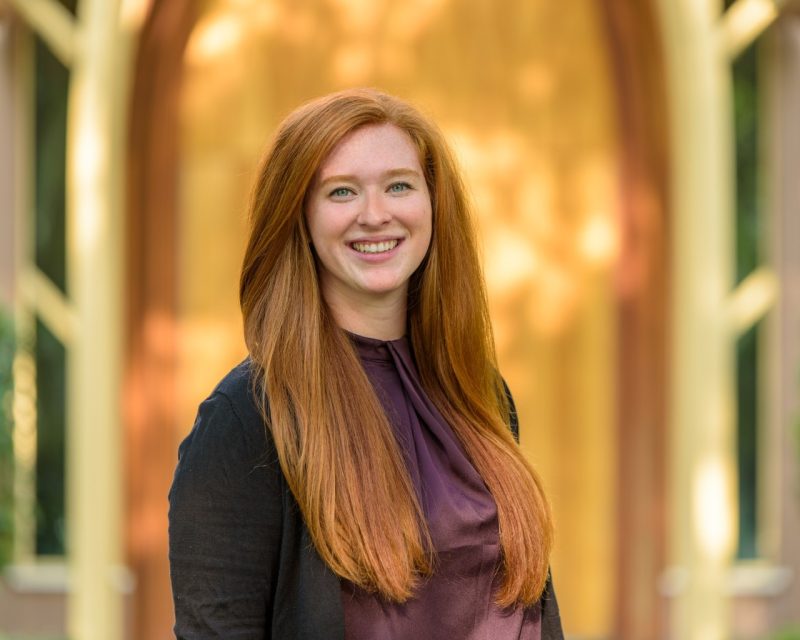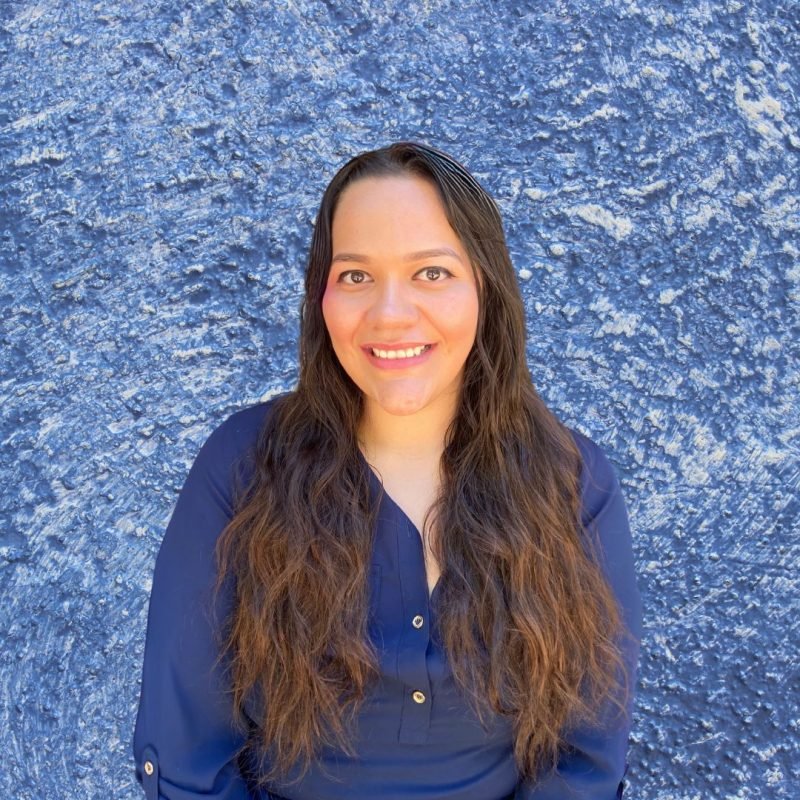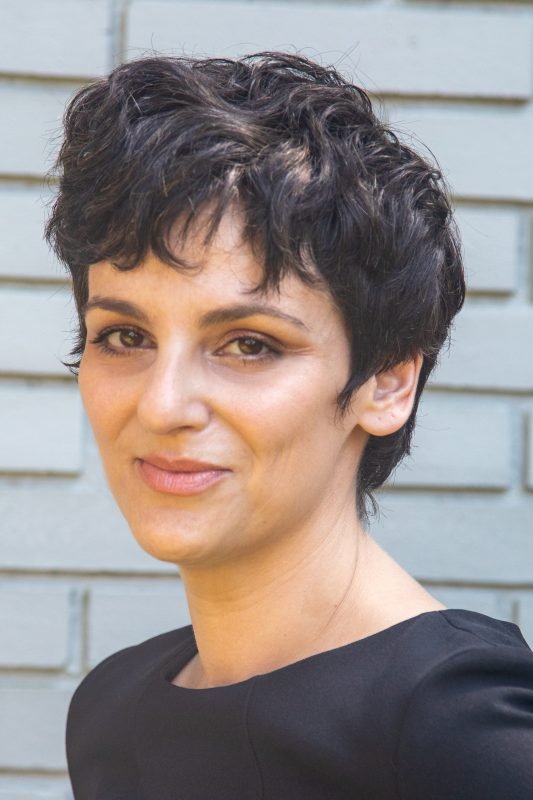Advanced Behavioral Intervention Design Concentration
Learn About the Science of Interventions in Dementia Care and Across the Lifespan!
Recent summits and national reports have emphasized the need for more rigorous methodology when designing, evaluating, and disseminating/implementing dementia care interventions. This four-course sequence is designed to provide PhD students or post-doctoral fellows/trainees with a comprehensive overview of the science of behavioral interventions in dementia care and across the lifespan.
Course Sequence
- Required
- Potential Electives (minimum of two)
- PubH 8814: Mixed Methods-Integrating Quantitative and Qualitative Strategies in Research (Spring 2025; Spring 2027)
- PubH 8816: Implementation Science (Spring 2026)
- PubH 6815: Community-Based Participatory Research (tentatively offered each Spring)
- Or others as selected by trainees!
Mentorship
- Interested fellows will participate in monthly 60-minute group/peer meetings to touch base; discuss and share academic/professional issues; develop and refine Individual Development Plans; and review resources based on the National Postdoctoral Association’s competencies.
- Interested fellows are also invited to a monthly, individual meeting with Dr. Gaugler to not only focus on any issues of academic/professional development but also discuss scientific progress on fellows’ individual intervention projects.
Dementia Care Specialization
- For fellows interested in dementia care, this program will offer $5,000 to use over a 2-year period on conference travel, research support, and participation in additional external training opportunities.
ABIDC Fellows

Andrew C. Pickett, MSEd, PhD
Assistant Professor, Department of Health & Wellness
Design, Indiana University School of Public Health Bloomington
Dr. Andrew (Drew) C. Pickett’s research focuses on the development of behavioral interventions to support the health and wellbeing of unpaid, informal caregivers for people living with Alzheimer’s Disease (AD) and AD-related dementias (AD/ADRD). He is particularly interested in developing tailored interventions for populations experiencing health disparities, including sexual and gender minority (i.e., LGBTQIA+) identifying individuals. His recent work adopts a network-based approach to understand the role of social connectedness in providing tangible and emotional support for caregivers, as well as in reducing adverse outcomes associated with both social stigmatization and caregiver burden. His work has been funded, in part, by the National Institute on Aging (NIA), the NIH Sexual & Gender Minority Research Office (SGMRO), and the Indiana Clinical and Translational Sciences Institute (CTSI). Through his research, he hopes to work with community members to co-design and deliver scalable, sustainable behavioral interventions that meet the unique needs of minoritized AD/ADRD caregivers.

Andrya R. Rivera-Burciaga, PhD(c), DNP, APRN, FNP-BC, ACHPN
Assistant Professor, University of Texas Rio Grande Valley School of Nursing
My work focuses on advancing palliative and end-of-life care, particularly for Mexican Americans in the Rio Grande Valley. With over 23 years of experience in clinical nursing, including 12 years as a family nurse practitioner, I’ve developed and led key initiatives such as the first APRN-led palliative care program and hospice in Hidalgo County, Texas. My research and clinical practice are aimed at improving access to palliative care and advancing nursing education. Currently pursuing a Ph.D. in Nursing Science, I am also working on a project funded by the Cambia Sojourns Scholar Leadership program to explore the healthcare practices of Mexican Americans with serious illnesses, which will inform future interventions and policy improvements in this field.

Dana Urbanski, AuD, PhD CCC-A
Assistant Professor and licensed audiologist, Speech, Language and Hearing Sciences, Indiana University
Hearing aids can be challenging to use, especially for community-dwelling older adults with co-occurring hearing loss and dementia who rely on informal caregivers for regular care, maintenance, and management of hearing aids. My current dissertation research focuses on identifying and describing barriers to home-based hearing aid use in dementia caregiving dyads—with the goal of identifying modifiable factors to serve as future intervention targets. As part of the ABIDC Concentration, I will leverage my dissertation findings toward creation and pilot testing of a new behavioral intervention to promote successful hearing aid use in dementia caregiving dyads. Following my training, I hope to secure a tenure-track position at a research-intensive institution where I will continue to refine, test, and implement the intervention in accordance with the NIH Stage Model.

Emily Mroz, PhD
Assistant Professor, Tenure Track; Aging and Gerontology Group; Nell Hodgson Woodruff School of Nursing; Emory University
As our population ages, it will become increasingly common for adults to take care of more than one family member living with dementia, forming a group described as experienced caregivers. These adults will carry salient personal narratives from past caregiving experiences with them into new caregiving roles. These narratives can influence how caregivers feel about things like the caregiving role, the healthcare system, and their own preparedness to care successfully. Dr. Mroz combines theory and methods from narrative psychology with a focus on improving the lives of dementia-caregivers. Her primary goal is to determine the unique, unmet support needs of experienced dementia-caregivers and design interventions that address these needs.

Kalisha Bonds Johnson, PhD, RN, PMHNP-BC
Assistant Professor, Tenure Track
Emory University’s Nell Hodgson Woodruff School of Nursing
My research focuses on improving the quality of life of African American persons living with dementia and their care partners by empowering them to successfully navigate the health care system. Specifically, my work examines the parent-adult daughter dyads (i.e., pairs) and how these daughters assist with making health care decisions for their parent living with dementia. I’m interested in co-creating a health care decision-making intervention tailored to African American parent-adult daughter dyads. My future goals are to implement this intervention in real-world scenarios like with an embedded pragmatic clinical trial.

Lauren J. Parker, PhD, MPH
Associate Scientist
Johns Hopkins Bloomberg School of Public Health
Dr. Lauren J. Parker, PhD, MPH research centers on advancing dementia care, with a particular focus on the experiences of Black/African American and Hispanic/Latino families. Her work examines how cultural and structural factors shape caregiving and access to support services, and she develops and evaluates community-based, culturally tailored interventions to better serve diverse populations. She is especially interested in strengthening adult day services and home- and community-based supports as critical resources for persons living with dementia and their caregivers. Looking ahead, Dr. Parker aims to expand her research portfolio through large multi-site collaborations, scale up evidence-based interventions in under-resourced communities, and build capacity among health professionals and interventionists to deliver culturally responsive dementia care.

Manka Nkimbeng, PhD, MPH, RN
Assistant Professor, Division of Health and Policy Management
University of Minnesota School of Public Health
Dr. Manka Nkimbeng is a nurse scientist and assistant professor at the University of Minnesota School of Public Health and an Affiliate assistant professor at the University of Minnesota School of Nursing. Before that, she was a Robert L. Kane Postdoctoral Fellow in the Division of Health Policy and Management at the University of Minnesota School of Public Health. She received her Ph.D. in nursing from the Johns Hopkins School of Nursing, her MPH from the Boston University School of Public Health, and her Bachelor of Science in Nursing from the University of Massachusetts Amherst. She works with communities to develop and test culturally appropriate interventions that can be translated into health policies and clinical practice to improve health and eliminate health inequities for older adults.

Maria M. Quiñones-Cordero, PhD
Assistant Professor of Clinical Nursing
University of Rochester Medical Center, School of Nursing
Dr. Quiñones’ work focuses on implementing community-engaged approaches to empirically systematic approaches to cultural adaptation of evidence-based interventions to fit the needs and characteristics of Latino dementia caregivers. A secondary line of Dr. Quiñones’ work focuses on mechanisms in cognitive and mental health outcomes among dementia caregivers. Specifically, she is interested in understanding the relationships among cognition, inflammation, and mental health symptoms (i.e., depression) and the contributions of aging on these relationships. As her work continues to evolve, she plans to expand her knowledge in cultural adaptation and sociocultural contributors to caregiving stress among Latinos to develop mechanism-driven behavioral interventions to improve access to and delivery of care for Latino dementia caregivers, and ultimately their cognitive and psychological well-being.

Mayra is a current PhD Candidate at Emory’s Nell Hodgson Woodruff School of Nursing and an alumna of Emory’s Rollins School of Public Health where she received her MPH from the department of Behavioral, Social, and Health Education Sciences. Her interests are partnering with community organizations to conduct research that explores, addresses, and evaluates programs that reduce health disparities in historically marginalized communities. Her dissertation will focus on partnering with community, religious, and government leaders to improve the quality of life for Latinx families impacted by dementia. Upon completing her doctoral studies, Mayra will work towards implementing community-based interventions to increase dementia awareness, develop a faith-based dementia-friendly infrastructure, and create a supportive community for Latinx individuals living with dementia and their families.

Nicole E. Werner, PhD
Associate Professor and Dean’s Eminent Scholar
Indiana University School of Public Health-Bloomington
As a Human Factors Engineer, my research applies human-centered design approaches to enable scientific discovery related to the work of care partners for people living with dementia and their care networks and using that scientific discovery as the foundation for the human-centered design, implementation, and rigorous evaluation of technology and process interventions to improve health outcomes. My research engages care partners of people living with dementia in co-designing interventions that seek to transform the care partner journey in ways that address a diverse range of patient-centered outcomes. My research has co-designed innovative but realistic health technology and care process interventions to improve health and healthcare within and across healthcare settings and in the home. My goal is to integrate this research approach into the behavioral intervention pipeline to design behavioral interventions for care partners and their care networks that are sustainable, scalable, and able to meet individual caregiver and care network needs.

Quinton D. Cotton, PhD, MSSA
Robert L. Kane Postdoctoral Fellow
School of Public Health, University of Minnesota
Quinton’s program of research draws on qualitative and mixed-methods research methodology and examines (1) the influence of life events and Social ISMs on health and wellbeing over the life course, (2) utilization of health and social service supports in clinical and community settings, and (3) mechanisms that underpin efficacy and effectiveness of community-based interventions. Black dementia caregivers in low resource environments and those with limited support and high life demands are especially vulnerable and deserve support that works for them. Quinton plans to develop, test, and disseminate novel interventions that address the needs of Black American AD/ADRD caregivers and increase the availability of culturally tailored support to improve the health and social outcomes of Black dementia caregivers. Quinton will utilize his intervention training to develop a dementia care intervention for Black caregivers and pursue an NIH career development K-award.

Yuanjin Zhou, PhD
Assistant Professor, University of Texas at Austin Steve Hicks School of Social Work
Dr. Yuanjin Zhou’s work focuses on developing measures and interventions to empower family/friend care partners to manage health and well-being for themselves and older people living with Alzheimer’s disease and related dementias. Specifically, Dr. Zhou’s work aims to develop and implement interprofessional, preventive, and health promotion interventions for those with diverse socioeconomic backgrounds and racial/ethnic communities. Her current work focuses on developing and piloting a fall prevention intervention for care partners of older people with early-stage cognitive impairment/dementia.

Zachary G. Baker, PhD
Assistant Professor
Edson College of Nursing and Health Innovation, Arizona State University
Dr. Baker’s goal as a researcher is to better understand Bereaved Dementia Caregivers so he can use that understanding to help improve their lives. Paramount in his research are community ties: those with lived experience oversee and advise his work to ensure it addresses the needs of those whom he seeks to help. His goal as a researcher is that every Bereaved Dementia Caregiver has the technological tools and psychosocial resources to thrive.
How to Apply
Applications are currently closed.
The Advanced Behavioral Design Intervention Concentration is supported by a grant from the National Institute on Aging (K07AG076616) to Dr. Gaugler.
Questions?
Please contact chai@umn.edu if you have questions!
